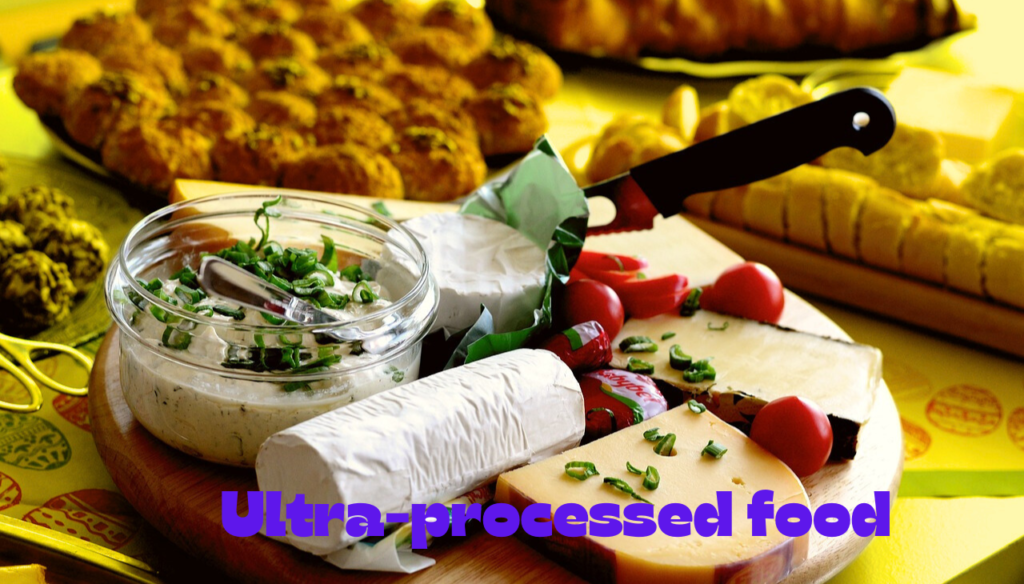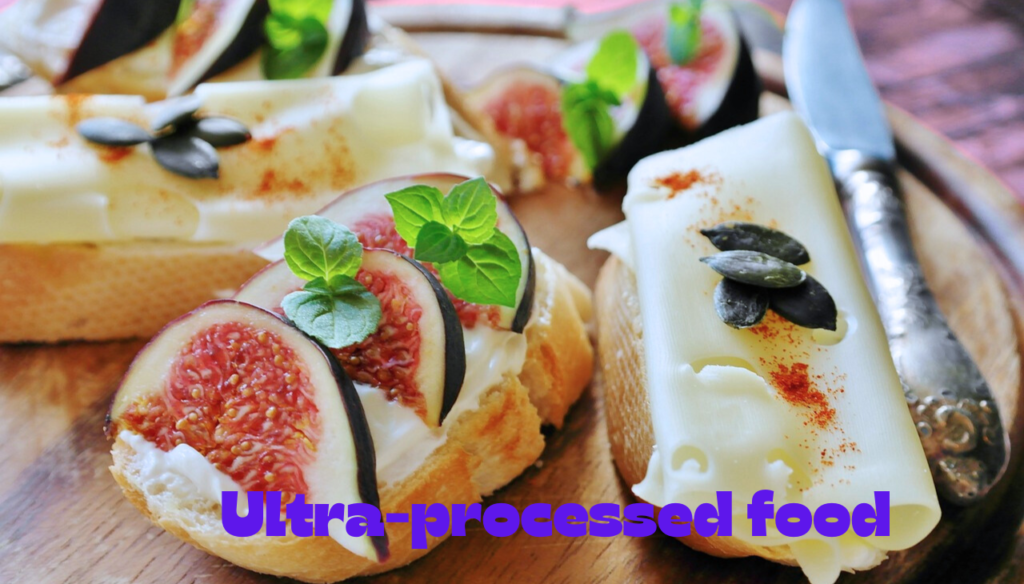- Introduction
- Understanding Processed Foods
- What Are Ultra-Processed Foods?
- The NOVA Classification System
- Defining Ultra-Processed Foods
- Features of Ultra-Processed Foods
- Limiting Processed Foods: What We Already Know
- Tips for Reducing Ultra-Processed Foods in Your Diet
- FAQ (Frequently Asked Questions)
Introduction:
In the realm of nutrition, terms like “processed foods” and “ultra-processed foods” have gained significant attention. While many of us are familiar with the concept of processed foods and their potential health implications, the emergence of ultra-processed foods has sparked new conversations about dietary choices and their impact on overall well-being. In this article, we delve into the differences between processed and ultra-processed foods, explore their effects on health, and offer practical tips for making healthier food choices.
Understanding Processed Foods:
Processed foods undergo alterations from their original form through various methods such as heating, pasteurizing, canning, and drying. These alterations are considered forms of processing and are commonly employed for food preservation and preparation. However, not all processed foods are unhealthy, as basic preparation techniques do not necessarily diminish their nutritional value. Examples of minimally processed foods include whole grains and frozen vegetables, which retain their essential nutrients despite undergoing processing.
What Are Ultra-Processed Foods?
Ultra-processed foods represent a category of highly manipulated food products that undergo extensive processing and contain multiple ingredients, often including additives and preservatives. These foods are typically found in packages and are characterized by their long ingredient lists and artificial flavors. Unlike minimally processed foods, which undergo minimal alterations, ultra-processed foods are heavily modified during the final stages of production, resulting in products that bear little resemblance to their natural counterparts.
The NOVA Classification System:
The NOVA classification system, introduced by Brazilian nutrition researcher Carlos A. Monteiro, categorizes foods based on the extent of processing they undergo. This system divides foods into four groups: unprocessed or minimally processed foods, processed culinary ingredients, processed foods, and ultra-processed foods. Ultra-processed foods are distinguished by their complex formulations and high number of ingredients, setting them apart from less processed alternatives.
Defining Ultra-Processed Foods:
While the concept of ultra-processed foods is well-established, defining the term precisely remains a challenge. Various definitions exist, and consensus on specific criteria has yet to be reached within the scientific community. However, a common feature among definitions is the emphasis on extensive processing and the presence of numerous additives and artificial ingredients. Despite ongoing debates surrounding terminology, the detrimental health effects associated with ultra-processed foods are widely recognized.
Features of Ultra-Processed Foods:
Ultra-processed foods are characterized by their extensive manipulation during production, often involving tertiary processing stages. These foods typically contain a multitude of ingredients, including additives such as sugar, salt, oils, and fats, which are used to enhance flavor and prolong shelf life. High consumption of ultra-processed foods has been linked to various health risks, including obesity, cancer, and cardiovascular disease.
Limiting Processed Foods: What We Already Know:
While processed foods are ubiquitous in modern diets, minimizing their consumption can contribute to improved health outcomes. Diligent label reading and mindful food choices can help individuals reduce their intake of ultra-processed foods. Cooking meals at home using whole, unprocessed ingredients is an effective strategy for avoiding heavily processed food products commonly found in restaurants and fast-food establishments.
Tips for Reducing Ultra-Processed Foods in Your Diet:
Making small changes to your dietary habits can significantly reduce your intake of ultra-processed foods. Opt for whole foods whenever possible and choose minimally processed alternatives over heavily processed products. Here are some nutritious swaps to consider:
Sure, here’s a more human-friendly version of the table of contents:
| Ultra-Processed | Processed | Home-Made Version |
|---|---|---|
| Sugary breakfast cereals | Plain bran cereal | Oatmeal cooked with rolled oats and a touch of honey |
| Soda | Artificially flavored sparkling water | Fizzy water with a splash of real fruit juice or slices |
| Flavored potato chips | Plain tortilla chips | Homemade pita chips |
| White bread | Whole wheat bread with minimal ingredients | Freshly baked whole wheat bread |
| Fried chicken | Deli rotisserie chicken | Homemade roast chicken |
| Candy bar with many ingredients | Simple candy bar with few ingredients | Dark chocolate squares |
| Blended coffee drink | Store-bought cold brew | Regular drip coffee |
| Mashed potato flakes | Frozen potatoes | Fresh potatoes |
| Energy drink | Sweetened fruit juice | Freshly squeezed orange juice |
| Flavored granola bars with added sugar and preservatives | Granola bars with few additives | Homemade granola bars |

This version is more conversational and easier to understand for a wider audience.
FAQ (Frequently Asked Questions):
What distinguishes ultra-processed foods from processed foods?
Ultra-processed foods undergo extensive processing during production and often contain numerous additives and artificial ingredients. Unlike minimally processed foods, which retain their natural characteristics, ultra-processed foods bear little resemblance to their original form and may pose health risks when consumed in excess.
How can I reduce my intake of ultra-processed foods?
Opting for whole, unprocessed foods and choosing minimally processed alternatives can help reduce your consumption of ultra-processed foods. Additionally, cooking meals at home using fresh ingredients allows you to have greater control over the quality and nutritional content of your food.
Are all processed foods unhealthy?
Not all processed foods are unhealthy. Basic processing techniques such as canning, freezing, and drying are employed to preserve and prepare foods without compromising their nutritional value. However, heavily processed foods containing additives, artificial flavors, and excess sugar and salt should be consumed in moderation to support overall health and well-being.



